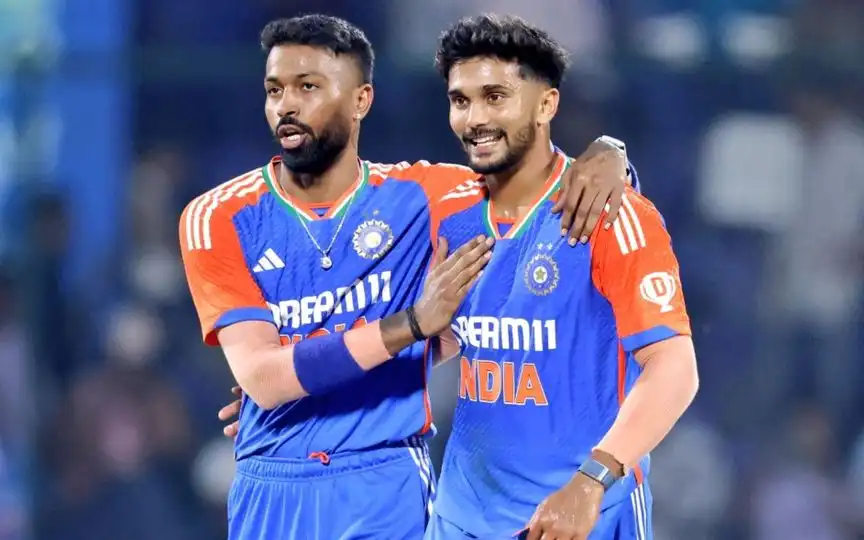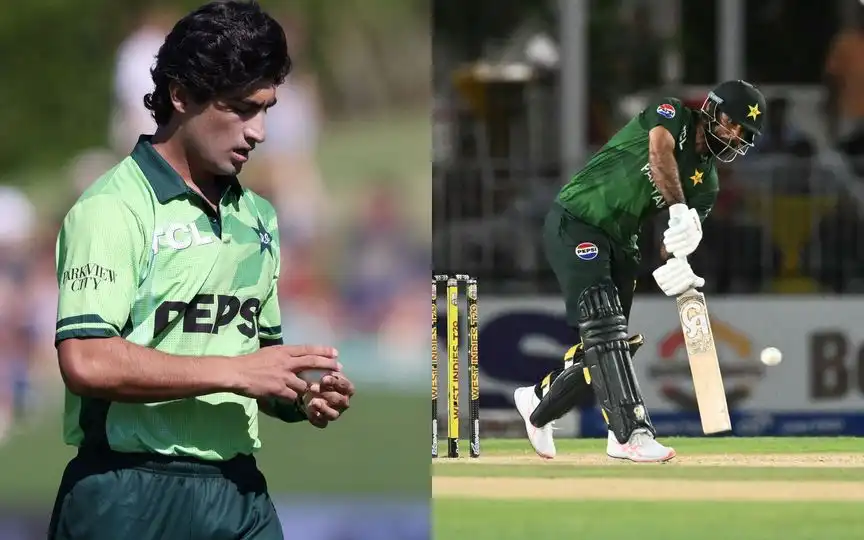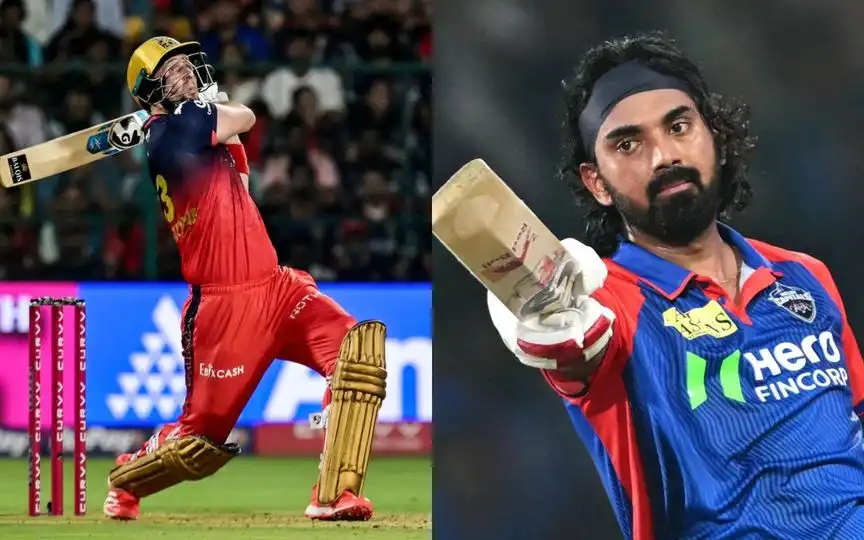.jpg?type=hq) Gautam Gambhir and Indian team superstars (Source: AP Photos)
Gautam Gambhir and Indian team superstars (Source: AP Photos)
What would you say if someone asks you about the fundamental principle for the governance of India?
The answer for many with a Political Science background or interest in the Indian constitution would be the separation of powers between the Executive, the Legislative and the Judiciary. Over the years, this separation has not been followed as was expected from the founding fathers, and it has resulted in problems for the union that are evident to everyone.
Change In Times Demand Rethinking Of Approach
As we move from Politics to Indian cricket, the problem looks similar. The rise of T20 cricket at the international level after the inaugural T20 World Cup forced cricket-playing nations to rethink their arsenal as the game evolved in three different directions according to the formats.
Earlier, the line-ups of the ODI and Test teams used to be more or less similar for the majority of nations. However, as T20Is demanded a more dynamic and aggressive approach, the countries had to rethink their strategy. The T20 cricket made an impact on the ODI game as well, and many teams initially struggled to match the pace of the changing times.
England had a disastrous 2015 ODI World Cup, but then came the great revolution. They decided to have different approaches for all three formats, which even included different captains and coaches. Many other teams also followed the same route, and it helped them find success as well.
Rigid India Takes Baby Steps Towards Change
India, though, apart from some minor changes, always believed in backing all-format players. The general line of thinking that was backed by MS Dhoni initially was that one cannot have split captaincy in India. Also, India throughout this period remained a consistent team, which validated the approach.
However, despite being a consistent team, an ICC trophy eluded India for a decade. Initially, there were silent murmurs, but as the frustration grew, the demands to bring more format-specific players started gaining ground. However, India is a country where accepting change takes time, and thus, the idea of the same captain in all three formats continued from Virat Kohli to Rohit Sharma.
The trend of backing similar players in all three formats or in white-ball formats continued in the Rohit-Dravid era too. However, there were efforts to bring in some specialised T20 players for the shortest format, and the captain Rohit Sharma openly announced that they need to change the way they play the shortest format. All of these worked wonders in the T20 World Cup 2024, and India finally lifted an ICC trophy after 11 years.
Gautam Gambhir Era: Time For Radical Changes?
After the T20 World Cup 2024, Gautam Gambhir took over the coaching duties, and there seems to be a real shift in how Indian cricket is being operated. There is more focus on the separation of formats than there ever has been in India. For starters, India now have three different captains according to the requirement of the format, a phenomenon never seen in Indian cricket before.
India have started a successful transition in Test cricket now, and plenty of Ranji Trophy performers like Karun Nair and Anshul Kamboj got an opportunity for England. They did not set the stage on fire, but there is a clear-cut idea that India need specialised red-ball cricketers, and we can expect more efforts in that direction in future.
Many experienced players are still doing well in the ODI format, and so there has not been a lot of tinkering in the 50-over cricket. However, there has been an effort to bring players with more all-round ability to the team, and it helped in the Champions Trophy 2025 as India had a deeper batting line-up and more options with the ball.
The Ultra-Aggressive Approach Of A T20 Mastermind
The major shift, though, has been in the T20 format so far. The likes of Virat Kohli, Rohit Sharma and Ravindra Jadeja retired from the format, and India under Gautam Gambhir decided to go all-in with their ultra-aggressive approach in the shortest format. India has long been accused of playing outdated T20 cricket, and so under Gambhir, the Indian T20I team has almost eliminated the idea of an anchor.
There are many players like Abhishek Sharma, Sanju Samson, Suryakumar Yadav, Rinku Singh, and Arshdeep Singh who are currently playing a big role in the T20I team but are not regular or are not even part of the scheme of things in other formats. It shows that the management under Gautam Gambhir has opted for players who possess specialised T20 skills, and it is the same approach that has made teams like Australia and England successful in the shortest format.
Also, along with a different captain and ultra-aggressive approach for the format, there is more emphasis on backing players with all-round abilities in T20Is compared to ODIs. This new line of thinking has been pretty successful so far with Indian dominating under Suryakumar Yadav, and with the Asia Cup in the T20 format around the corner, India needs to continue the same mindset.
Focus Shifts To T20Is, India Ready To Forget Separation Of Formats Again?
However, this is the time when the real Test of the separation of formats of this new management starts. The focus from the time Gambhir took over till now has been majorly on the ODI and Test formats. However, it will now shift to T20Is with the Asia Cup and the T20 World Cup in sight.
Thus, some players like Yashasvi Jaiswal and Shubman Gill, who did not play in the shortest format in the last year or so, would be looking to play T20Is again. Also, there has always been a tendency in India to play players who have done well in one format in all three, and that danger looms large with India recently finishing a successful Test tour of England.
Now, Yashasvi Jaiswal did quite well in T20Is till the time he last played for India and has shown an aggressive approach as well. He did it in IPL as well, and it aligns with the mindset of the current T20I setup. So, there won't be any surprise if he gets back in T20Is.
Time For More Tough Decisions, Mr. Gautam Gambhir!
However, the same cannot be said about the other heroes of the Test series like Shubman Gill, KL Rahul, Rishabh Pant, Washington Sundar and Mohammed Siraj. Shubman Gill is India's Test captain and has a decent T20I record as well, but he is not as aggressive as other top-order options at India's disposal currently, and if he is selected, it would again be a situation of compromising your approach and mixing the formats.
KL Rahul displayed great flexibility in IPL 2025 and played some match-winning knocks for DC as well. However, he has the tendency to chew up deliveries at least at the start of his innings, and it doesn't serve India's intention in the T20Is currently. Rishabh Pant is currently injured and would not be fit for the Asia Cup, but even if he had been fit, his performance in T20Is is way below the standard that is required.
Washington Sundar has done decently with the ball in T20Is, but there are still question marks over his power-hitting in the format, and thus he could not get a regular place in GT's playing XI this season. So, Indian team management and selectors need to be wary of getting carried away by Test performances in England and should keep the requirements of the team and approach in mind while selecting a team for T20Is.
The same logic holds true for Mohammed Siraj. He has been a gun red-ball bowler for a long time and has the skills, along with fitness, to succeed in that format. He has done decently in ODIs as well, but has played only 16 T20Is for India, and there are still question marks over his effectiveness at the death. Thus, it is important for the Indian team management to back bowlers who can bowl in different situations in India and tackle the flat batting conditions in T20Is with weapons like yorkers.
Opportunity To Create Long-Lasting Legacy
Thus, with the euphoria of the England tour and the stature of some players expected to be a big factor, it is important for Gautam Gambhir to walk the talk of his separation of formats. Yes, there would be some all-format cricketers, and they should be backed, but player selection should be strictly based on the necessity of a particular format, and not based on their exploits in the other forms of cricket.
There is need to show equal respect to the skills required for every format, and if Gautam Gambhir can do that, he might be remembered for ages as a coach who dared to change the mindset of Indian cricket in an environment that enjoys status quo.
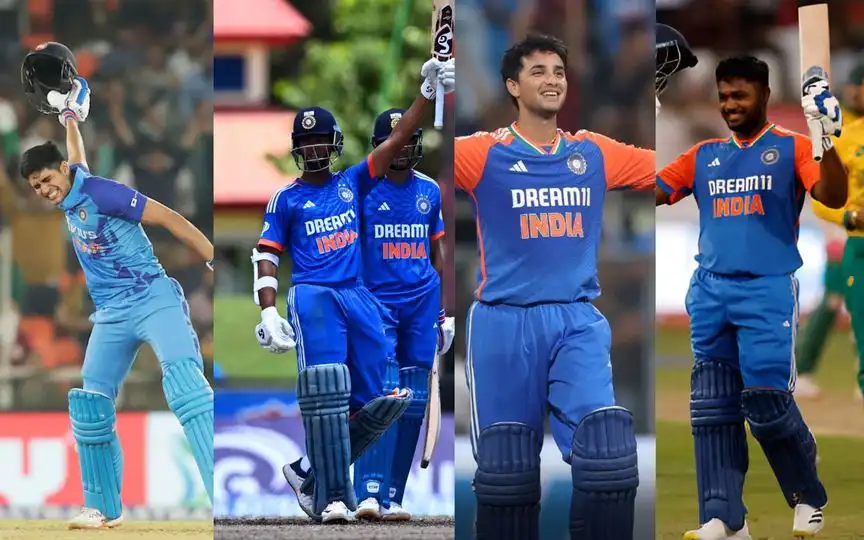
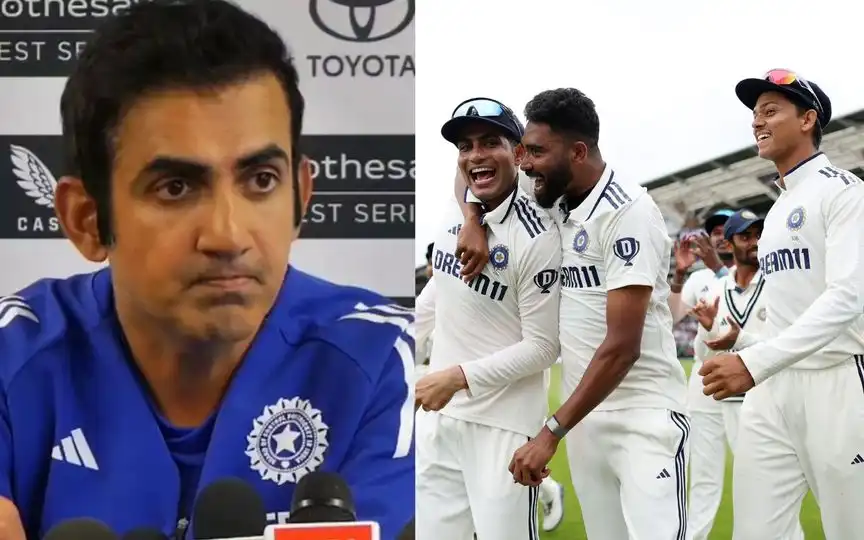
.jpg?type=mq)
